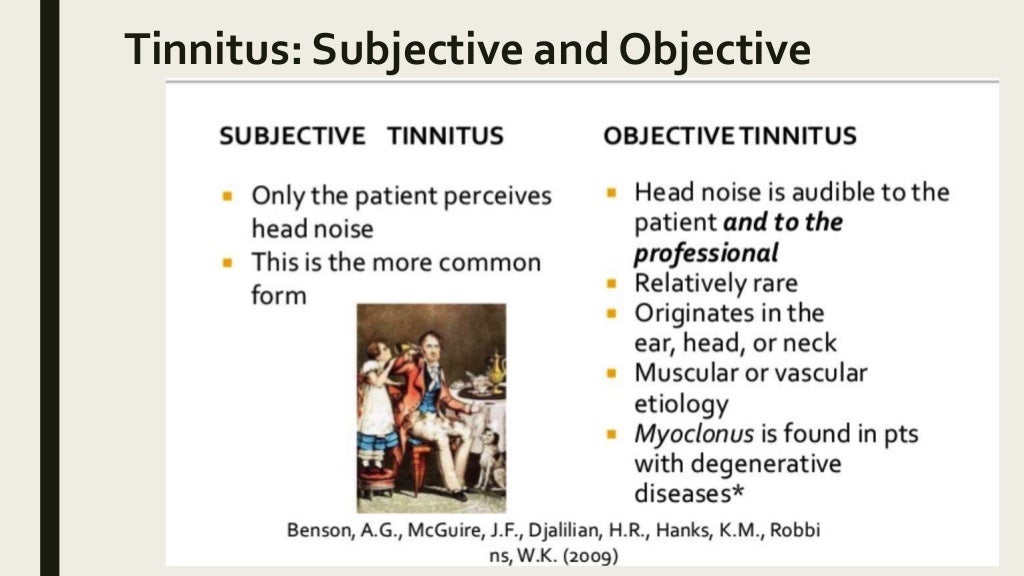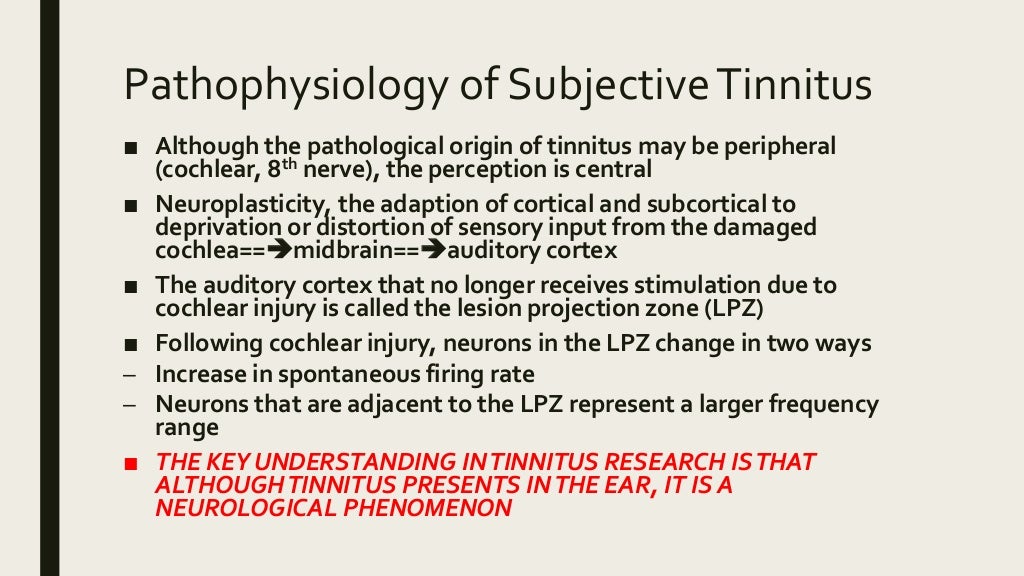

Psychosis from psychotic disorders must be treated by addressing the psychosis.Īnxiety-induced psychosis will not get better without treating the anxiety disorder. Anxiety-induced psychosis can be treated by addressing the anxiety.

Episodes triggered by psychotic disorders often intensify with time. Anxiety-induced psychotic episodes usually end once the anxiety has diminished.People with psychotic disorders usually are not aware of their disconnection from reality. People experiencing episodes of anxiety-induced psychosis often maintain an awareness of their anxiety as it intensifies, as well as some understanding of what is happening even as they lose control and disconnect from reality.Psychosis triggered by psychotic disorders tends to come out of nowhere and last for longer periods of time. Anxiety-induced psychosis is typically triggered by an anxiety or panic attack, and lasts only as long as the attack itself.But these psychotic episodes differ from those triggered by psychotic disorders in a few key ways: Some people who suffer from severe anxiety and have panic attacks or anxiety attacks as a result experience symptoms of psychosis. Schizophrenia and bipolar disorder are two mental illnesses associated with psychosis, but severe anxiety can trigger it as well. Psychosis is sometimes mistaken for a mental illness, but it is actually a symptom that can be triggered by chronic substance abuse, some medical conditions, and certain mental illnesses. The symptoms of psychosis include delusions (false beliefs) and hallucinations (false auditory, visual, tactile, or olfactory perceptions). Psychosis is defined as an episode during which a person loses touch with reality.


 0 kommentar(er)
0 kommentar(er)
